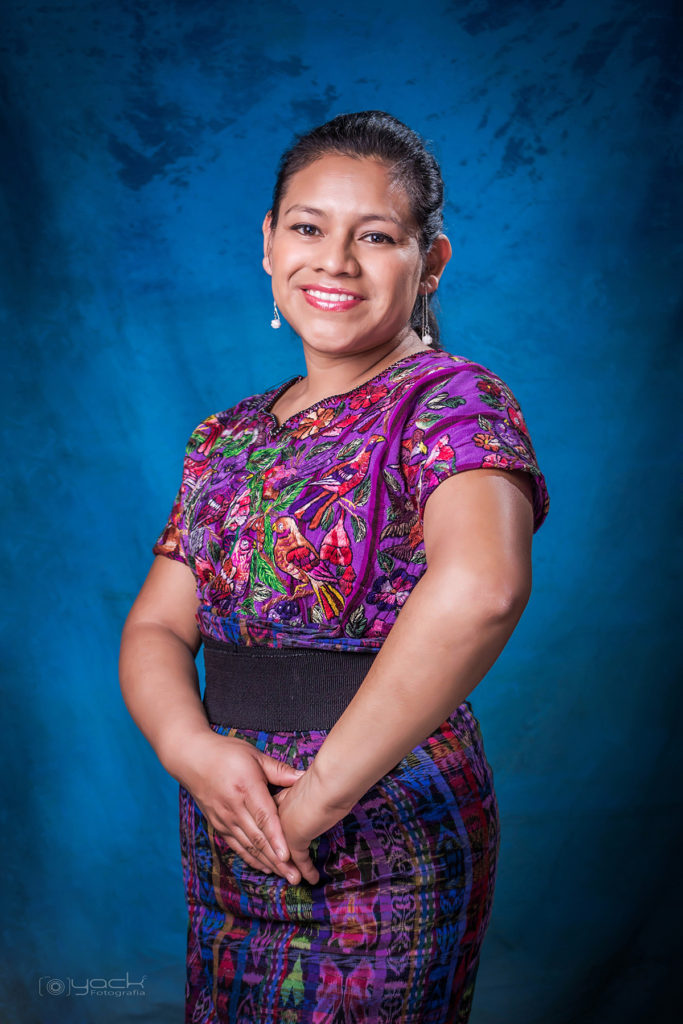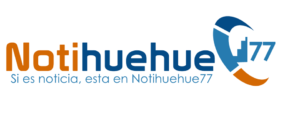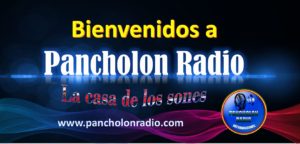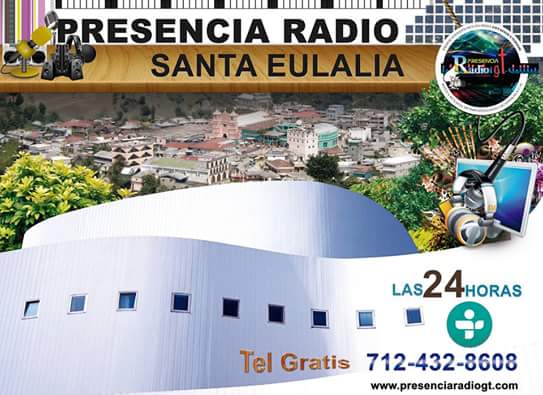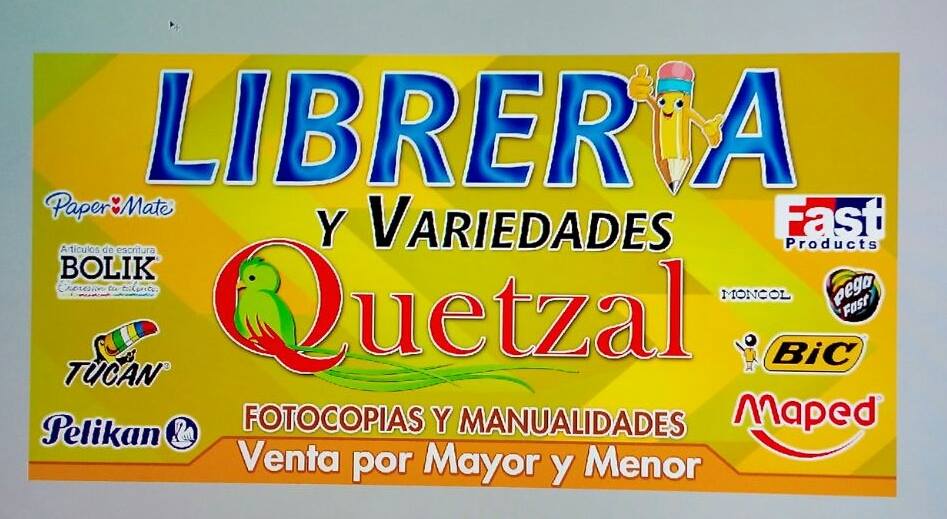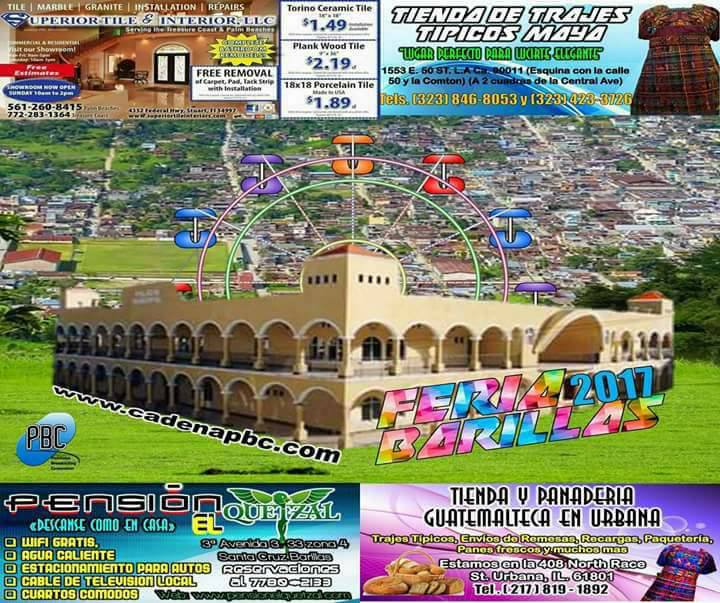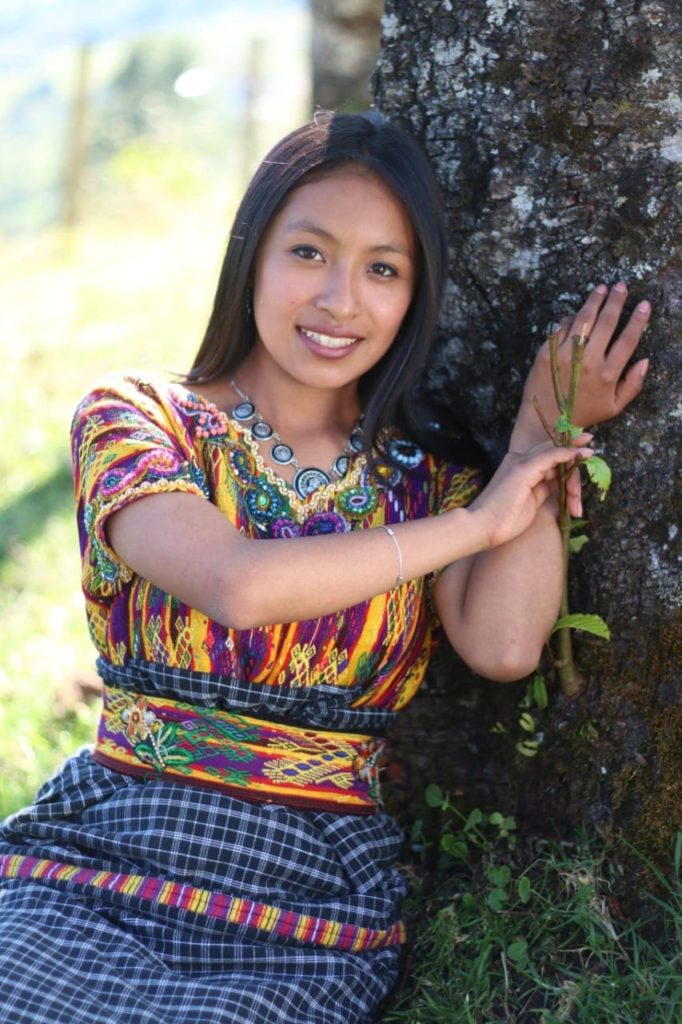Pancholón is one of the most popular Guatemalan personality Q’anjob’alense in the United States, his radio Station broadcast entirely in Spanish and Q’anjoba’l to bilingual audience. From 2014 the digital media was called as Pancholón Radio Internacional. Since 2017 uses Streaming from Zeno Media based in the UK

Who is Pancholón?
Borned in Santa Cruz Barillas at 405 miles from the city of Guatemala. Is a Writer, researcher, motivator and broadcaster. Actually lives in Walled Like MI.
Pancholón was the third in a family of eight. Son of Modesto Juan and Julia Francisco. At the age of 6 years old enrolled in a elemetary school of “Palestina La Unión” Around 1978 was accepted in the catholic school of Santa Cruz; where he studied until the sixth grade.
History:
Following, is an interview with Prensa Libre of Guatemala. English Version.
In the streets of Santa Cruz Barillas, Huehuetenango, back in the 1970s, there was a boy who walked with a box to polish shoes. For his work, he had his hands and clothes stained with ink. He was also engaged in selling ice cream in a wheelbarrow. That little q’anjob’al is called Francisco Juan Francisco, who was born on January 15, 1971. “At that time I wanted to have money to eat and study,” he says by telephone from Michigan, United States, where he now resides.
“I always wanted to be someone in life, but I didn’t know how,” he adds. In 1988, when he was 17, he decided to migrate to Los Angeles illegally, with the sole purpose of finding a job that would allow him to help his family. The journey, as is well known, was hard and dangerous. “I never imagined living in the United States. But here I am; you have to work hard to achieve what you want, “he says. Today, Pancholón, as he is known, is the owner and broadcaster of Pancholón Broadcasting Corporation, an internet-based radio chain that serves the interests of the migrant community residing in the United States, including Guatemalans and Mexicans. There he married and had three girls. He divorced and remarried.
Are you coming back to Guatemala? Of course. “I miss my country, because there is my family, my people, my roots,” he says.
What do you remember of your journey? It was tough. At that time there were already many thieves in the Mexican train system. I remember that we had to hide on the way between Coatzacoalcos and Mexico City, and from there to Guadalajara, because the officers could stop us at any time. But the experience that I will never forget was when, also by train, we had to go through the Sinaloa desert, because the heat was intense and we had nothing to drink or eat, nor money to buy what little they sold. So, with nothing, we spent three days.
Who was he going with? We were quite a few, including the coyotes, but none of my family.
Did your family members support your leaving for the United States?
Needs pushed me to do that. There were nine mouths to feed, but we had nothing, not even for a notebook; we were very poor. In addition, they affected the aftermath of the internal war — in that municipality there were several massacres. For all that, my father accepted that I come. He even sold a horse to pay for my ticket, which at that time (1988) cost about Q500, but it was enough money.
Did a relative in the US expect it?
Yes, I had an uncle in Los Angeles, California, who paid the coyote another $ 300 for crossing me through Tijuana. Back then it was what they charged, which was little compared to what they demand today.
Upon arrival, did you feel the culture shock?
Yes. In fact, I have felt it since I was in Mexico. In Guadalajara I was eating when, suddenly, the lady from the sale asked me if I wanted a straw. I said yes and brought my plate to her, thinking she was offering me a sauce or a spice. She just look at me. I did not know that a straw was a straw.
What did you do when you got to Los Angeles?
My uncle received me, but here one has to fend for himself from the beginning, every day from very early until late at night. People have a very hard time if they don’t know English or have documents. The bosses take advantage because they argue that one has no rights, not even to claim a salary. Many even pay less than the minimum wage.
Did you know english?
Not a single word; nor did I know the customs of the people. I felt out of place, away from my family and friends. And also had no job or money. There came a point when I wanted to return to Guatemala, but at the same time I had a dream, then I decided to fight for my family.
What was your first job?
It was in sewing, in the downtown of Los Angeles. I was there for seven years. While working I went to study English in the afternoons at the Belmont Community Center, where other migrants came, including many Guatemalans. I also attended a computer course, which later served me for work. I wasted no time. Of course, I always wanted to be someone in this country. Eventually I was granted a political asylum.
When did you become independent?
After those seven years in sewing I became an independent advertising contractor. I worked for large companies like Walmart, JC Penney or Sears doing that from 5am to 11am . In 2000, the idea of working in the media came up, as I realized that companies of this magnitude did not directly serve the Guatemalan market. There was no one to transmit our values, music, languages , culture in general. Not even our soccer.
And what did you decide to do?
Well, I continued with my work, but always with the idea of materializing something. During the 2010 South Africa World Cup, a radio in Michigan gave me the opportunity to participate, and we broadcast the matches of Latin American teams, including Mexico, Brazil and Argentina. In 2011, with resources and a little more experience, I decided to buy a virtual radio that they were selling in Huehuetenango. I named a Pancholón Radio.
Who gave him the nickname Pancholón?
One of my friend from Chile, who was with us in the broadcasts of the 2010 World Cup. My name is Francisco and, therefore, they tell me Pancho, but this friend added the rest.
So Pancholón Radio … Yes. We started with melodies of marimba. We were the first virtual radio with that format. We are now Pancholón Broadcasting Corporation and have added sports and news programming as well as other entertainment shows.
Where do they listened Pancholon Radio at the begining?
At first only the family — laughs — but little by little we expanded. Today, our audience is between 80,000 and 100,000 daily, which is enough for a virtual media, but my goal is to reach two million. At the moment, our listeners are in Canada, México, Guatemala and the rest of Central America, but mainly they are the Mexican and Guatemalan migrants in the United States.
Specifically in Guatemala, where is your market? We are strong in Huehuetenango, San Marcos, Quiché, Quetzaltenango, Izabal, Sololá and the city of Guatemala.
In what languages you broadcast? 80 percent of the programming is in Spanish and the rest in q’anjob’al.
What do you attribute success to? Pancholon Radio’ Succes is base on fidelity to the format. Also in the variety of topic we talk about.
How many people do you employ?
They are five full-time and three part-time people. The company operates in the United States, but all collaborators transmit from Huehuetenango, because I know that our people need jobs there. Imagine, I left there almost 30 years ago and labor problems and extreme poverty persist, and violence is added to this.
Do you have an alternate job?
Yes. I am Robots programmer in a car factory, because in Los Angeles I learned to use advanced software.
And what time do you sleep? Sometine, I sleep only five hours a day. But I like what I do. Pretty hard It is the payment that one has to make here. I have to work hard to achieve what I want.
What advice do you give to people who plan to travel to the U.S. illegally?
Everyone should know that the journey is high risk; is gambling life. Also, the good jobs on offer are for qualified people. Those who are illegally can only aspire to extreme jobs in which they will receive a pay equal to that of a farmer in Guatemala. It is unfair of course, but is the situation.Profile: Started as Pancholón Radio in 2011. On 2012 the Pancholon Broascasting Corporation brand was created. In 2014 Was named as Pancholon Radio Internacional. In 2017, share content and start using Zeno Media Streaming base in UK. In 2019 PBC obtains the company DSAP Music Gt. This company is a platform that registers copyright to Guatemalan composers.
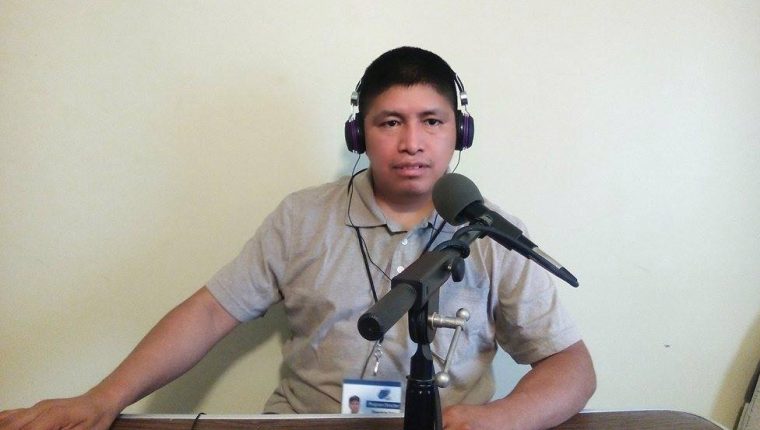
Pancholón Radio Internacional is a virtual media that operates with Streaming from Zeno Media based in the United Kingdom. It transmits through the internet for all Latin America. Pancholón Radio is an independent, autonomous, pluralistic media that talk a variety of topics of community interest and awakens social awareness, as well as diversity of opinion among its audience.

